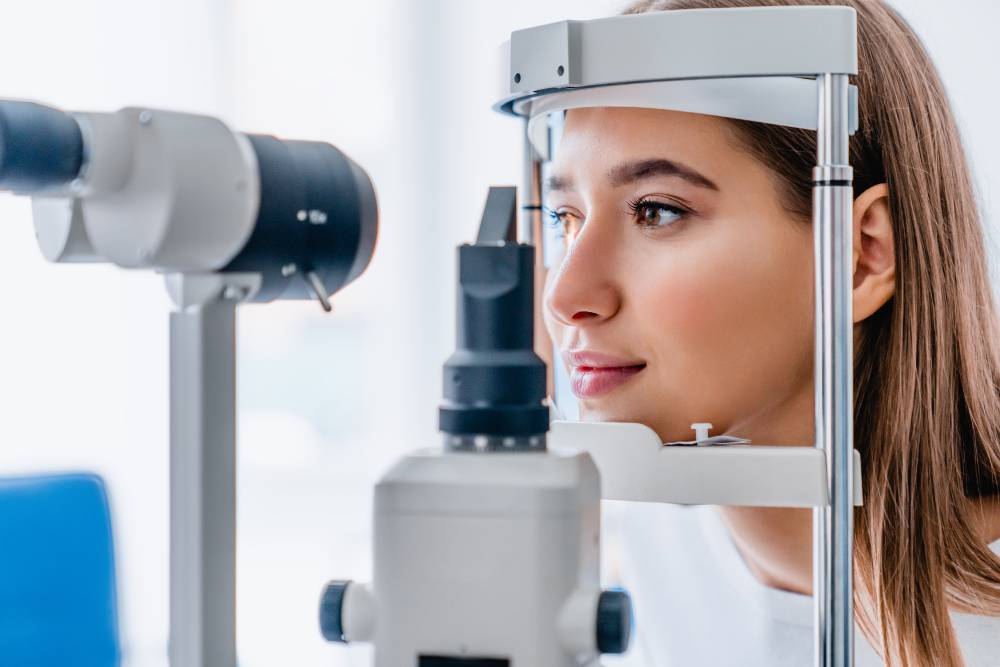
Eye exams are a part of the preventative and management measures you take to secure your health. Eye exams are not like visual screenings. Visual screenings are quick and performed by a nurse. The screenings only check to confirm your visual acuity and to rule out any major eye problems. Eye exams, however, are comprehensive and are conducted by an ophthalmologist or optometrist. They involve a series of tests that check both vision and the wellness of your eyes.
It would be best if you did not wait to have vision problems to schedule an eye exam, and here’s why:
Ensures Your Vision Is Correct
Eye exams check to ensure proper proximal and distance vision function. Through a visual acuity screening, the doctor examines your need for visual aids.
The ophthalmologist also examines you for any ocular symptoms. He checks for nearsightedness and farsightedness. Astigmatism is a common condition too, and the doctor examines you for it as well.
Retinal detachment is a serious condition that needs emergency care. Delay in treating it can lead to complete blindness. The ophthalmologist may spot signs of the retina detaching. Early detection ensures that treatment starts in time, which reverses the condition.
The exam also determines your need for periodical corrections based on the expected improvement or weakening of visual function.
A full eye exam may also help pin down conditions like amblyopia and strabismus. Ambylopia is the inconsistent processing of images the brain receives from the eyes. Strabismus refers to crossed or misaligned eyes.
For Early Detection of Eye Diseases
During the exam, the doctor also checks for any signs of eye diseases. Some conditions, if detected late, could be difficult or impossible to treat. But, if diagnosed early, treatment may reverse them. Common eye conditions include glaucoma, macular degeneration, cataracts, and diabetic retinopathy. The doctor evaluates the presence of any risk factors. For example, if you have diabetes, the doctor dilates your eyes to check for retinopathy.
Besides seeing the doctor about any visual problems, children should have a full eye exam between ages 3 to 5. The doctor checks for signs of amblyopia, a condition that causes blindness in children. After enrolling in school, make the visits more regular, like once a year. The regular visits are good for checking possible eye redness, decreased vision, pain, double vision, and eye drainage. If the child sees halos, floaters, and light flashes, the doctor takes note of that too.
For Early Detection of Other Diseases
Eyes are indicators of the presence of other conditions besides eye diseases. The doctor may identify early signs of diabetes, thyroid disease, and hypertension. Others include skin cancer, hypercholesterolemia, and autoimmune disorders like Lupus. If anything is found, the ophthalmologist directs you to the right medical practitioner for treatment.
An eye exam is vital to the diagnosis and treatment of any ocular problems. Early intervention may reverse some problems and slow the progression of others. But, eye exams are only useful if you have them regularly.
Learn more about the benefits of regular eye exams, contact Focus Eye Care PC in Hackensack, New Jersey at 201-654-0602 to schedule an eye exam today.







